Among the post-Coltrane generation of saxophonists, Steve Grossman is commonly believed to have been the one with the greatest raw talent. He set the saxophone world on fire when he burst onto the scene with Miles Davis in the late 60s and built on that reputation with the Elvin Jones Quartet in the early 70s. By the time his debut recording, Some Shapes to Come, released in 1973, the future looked bright for an emerging tenor heavyweight. But this was not to be, as he developed a pernicious drug habit that severely hampered his development as an artist. He released some recordings of quality over the ensuing years and played on many great sessions as a sideman, but the output was inconsistent at best.
Though he lived to be 69, passing away in 2020, it’s not hard to see how Steve Grossman has become an obscure name to today’s generation, overshadowed by similarly talented and far more driven contemporaries like Michael Brecker and Dave Liebman. Most jazz historians pay little attention to his place as an innovator on the instrument (though Mark Stryker’s obituary is highly recommended), a reality for which he largely has himself to blame. Discussing Steve Grossman is a five-part interview series that aims to correct those aforementioned oversights and help to rebuild the tarnished legacy of his life and music.
This conversation with Richie Beirach is the first of a five-part series about Steve Grossman. Interview by Charles Rees.

London Jazz News: When did you first meet Steve Grossman?
Richie Beirach: I met Steve in 1968 through Dave Liebman, who he was very close with and who I’m still close with every day. They were buddies, like sax buddies, you know. When Steve turned 18, he got the call to play with Miles Davis, to follow Wayne Shorter, which was amazing. Then he joined, and that’s a whole other story, but I was there and I knew Steve to be brilliant, precocious, genius. He was sounding like Charlie Parker when he was 14 or 15. His big brother Hal played Bird for him and he absorbed it like a sponge.
Not yet a subscriber of our Wednesday Breakfast Headlines?
Join the mailing list for a weekly roundup of Jazz News.
I remember him at jam sessions all over Manhattan, especially in Lieb’s loft on 19th Street. We played a lot of stuff together: A lot of free music, a lot of improvised music, some tunes. He had an amazing sound on tenor. He was ahead of everyone, I must say. It was him, Michael Brecker, Lieb, Bob Mintzer, Bob Berg… those were the guys, and he was the best one. I mean, best is a horrible word, but he was the most advanced and the most… he just had that fucking sound! It was Sonny and Trane. Grossman was just ahead of us all. He was getting his own sound, his own way of playing.
LJN: How did he get on with Miles Davis and the band?
RB: He had a hard time with Miles. It was not easy walking in after Wayne, because Wayne was there six years and Wayne is Wayne; the composer and genius improviser. And the rhythm section with Chick Corea, Jack DeJohnette and Dave Holland, they were into their own thing. I love that rhythm section, I knew all those guys and played with them, but they were not so supportive of Steve, I must say. I remember they didn’t treat him with as much respect as they should have. Of course, Wayne was the top of Everest, and then there was this young kid. Miles loved him; he used him on five recordings. He knew he wanted Steve, but Steve was 18, and Miles’s band was the most important in the world, really, in terms of innovation and new shit. It wasn’t nostalgia bebop, it wasn’t Dexter Gordon and it wasn’t crazy free shit. It was still tunes, compositions… and the beginning of fusion.
Steve was just natural, that’s the thing. You could hear he was a natural player like Herbie Hancock, Mozart and Elvin Jones. Not everybody that was great sounded so natural. Like Bill Evans didn’t sound natural at first… he was great. Miles too when he was 19 and first played with Bird. Trane didn’t sound natural at the beginning either. Those are late bloomers. Steve was an early Bloomer, like Mozart, like Yehudi Menuhin, like Tony Williams, like Schumann. They’re not really children, they’re adult geniuses in children’s bodies. Anyway, Steve was kind of overwhelmed with Miles, like he couldn’t believe it.
LJN: After leaving Miles, he joined Elvin Jones’s quartet. Talk about that band…
RB: What happened was Steve went with Miles first, and Lieb went with Elvin first. And then Steve went with Elvin after he left Miles, and Lieb went with Miles after he left Elvin. By the early 70s, they were both with Elvin and Gene Perla. In terms of how I felt about the band with Elvin: Obviously, it was great music. But I gotta say, and everyone knows I feel this way, that after 10 minutes without any harmony instruments, I’m bored. I don’t care who’s playing. You’re leaving out a total, entire important element of music: Melody, rhythm, harmony, form, colour. The point is, that really doesn’t matter because that’s just me. I mean, ask those saxophone players why they like playing without a piano: They have much more room to play; there’s nobody to get in the way. But there’s also no one to support you in terms of comping.
LJN: You and Grossman are both on George Ohtsuka’s album Maracaibo Cornpone (1978). How did that session happen?
RB: So this guy Masabumi Kikuchi was a piano player and good friends with George Ohtsuka. He came to New York and hired John Abercrombie, Miroslav Vitous and us. We got together and George didn’t have any real tunes. He said, “what do you wanna do?”. It was a record date: You know, one day or two days in the studio. It was so much fun in those days. In the 70s, there were record dates all the time: Once a month, twice a month. One time there was a month where we did four record dates as a sideman! Me and Dave [Liebman], Dave by himself, our own records. We would change who was the leader. And in New York City there were twenty clubs that were operating every night of the week where you could go and hear, you know, McCoy Tyner, or hear Mingus or Bill Evans, and then we would sit in. It was a big community hang. It was wonderful.
But this record date… So it was guitar, piano, bass and drums on those tunes. Then there were electric tunes with another piano player. George wanted Steve to play tenor, but it was so heavy with the piano and the guitar, Steve said, “no, I’m gonna play soprano”. Of course, Steve was right. I love Steve’s soprano playing. That sound! I get chills listening to it. And this tune is my tune called “Who Got?”, an E-flat minor blues, and it just takes off. This was the first take. Bang! And, when you’re recording, if you can get a good first take, that’s got the fire. And it has the element of surprise because there’s only one first take. Luckily the first take was happening and there’s so many moments in it.
Also Steve, the way he plays, he doesn’t follow the rules. Like for example, the first chord, E-flat minor-major 7 obviously has a flat 6. So what does Steve do? His first phrase has a C natural. It says flat 6, but so what? It was brilliant because he’s starting in a different way. I’m following him and his sound. He’s got Trane vocabulary in his lines, in his heart, of course, but the passion and the sound and his time feeling and the placement of the rhythm… it’s just a great flow. It swings by itself, and then the rhythm section, of course, is happening. It’s a little loud and a bit over-recorded, but I don’t care.
LJN: The piano tone on the recording sounds a bit funny…
RB: I’m playing this piece of shit Yamaha electric grand piano. I don’t think they even have it anymore. It was just in the studio. The acoustic piano there sucked; it was way out of tune, so that wasn’t possible. There were no Rhodes, and then here is this thing. It’s ugly, but it was loud and it was clear and it was in tune. But you can hear it sounds funny, right? Anyway, it didn’t matter cos it was an inspired take.
LJN: By the late 70s/early 80s, Grossman’s career was largely derailed by his substance abuse. Did you ever notice it becoming a problem for him?
RB: Steve was a very complicated guy. There was a dark side to him. I don’t really wanna talk about it, but I think it needs to be talked about because I want young cats to hear it…
Steve’s life, in my opinion, could have been very different. But he had too much too soon because he was eighteen and went to the top. After you climb Mount Everest, what are you supposed to climb? Something happened to him with insecurities. And with a lack of guidance, he got into drugs. Also, he was around drugs all the time: Junkies, dope dealers, they were all around. Not so much now. But then, all the time. The same thing happened with Bill Evans.
Also, Grossman was super sensitive. You don’t play like that without being sensitive. And I don’t just mean sound, you know, and love the ballad. I mean sensitive to events going on around you: People, things… All of a sudden, he was thrown in, and then he was not. He wasn’t fired by Miles, because he was there for a while; wasn’t like he was terrible. But Miles wanted to move in a different direction.
After he left Miles and Elvin, then he was supposed to have his own band. That’s what Lieb did. That’s what you do when you have the reputation of playing with Elvin and Miles. Then you have a band. Did he ever do it? No. Why not? Why not! Of all the cats, he had the ammunition, he had the goods, he had the name. I’m not a psychiatrist or a psychologist; I’m not gonna try and bullshit that, but I’m just saying something happened. He was getting stressed. So… dope. With dope have you an out. It took away your pain, it took away your stress. It’s terrible, but it worked.
But the thing is, you get strung out and you get sick, and then you don’t get high anymore. Then you’re just sick if you don’t have it. So he lost himself. He got very troubled with drugs and it became more important to him than his playing, and he never made the step like Lieb made or Mintzer made or Bob Berg made, with his own band. He was still great, but he lost that advantage. His life was tragic because you can’t help but think what could have happened with his musical career if he hadn’t been destroyed by drugs. For a while there, Steve had all of our dreams and he had our hearts. He was the man.
LJN: You clearly believe that his legacy is not what it could have been, and we agree on that, but what do you think his legacy looks like today?
RB: His legacy is of extreme talent, brilliance, accomplishment and passion. He was a great player, he was a good jazz composer. But he never made it. Whether he wanted to or was capable, he never made it to that next level where he became Steve Grossman. I don’t think it was that important to him. He just developed to a certain point and then stopped, for whatever reason: Drugs, insecurity, fear… It’s human, you know. So, I don’t judge him, but I’m just observing how far he went. He seemed to have enough talent and brilliance to go all the way, but he didn’t. It’s tragic, but I’m very happy for the things that he did do.
RELATED ARTICLES:
- Discussing Steve Grossman (2): with Dave Liebman
- Discussing Steve Grossman (3): with Gene Perla
- Discussing Steve Grossman (4): with Jerry Bergonzi
- Discussing Steve Grossman (5): with Damon Brown
- 10 Tracks by Steve Grossman I Can’t Do Without…by Charles Rees
Categories: Features/Interviews





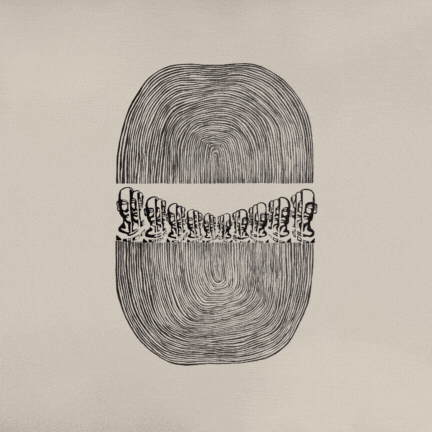


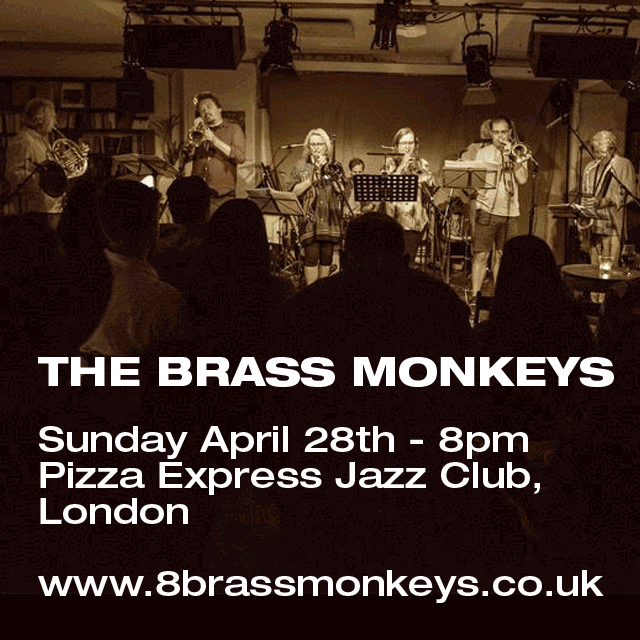
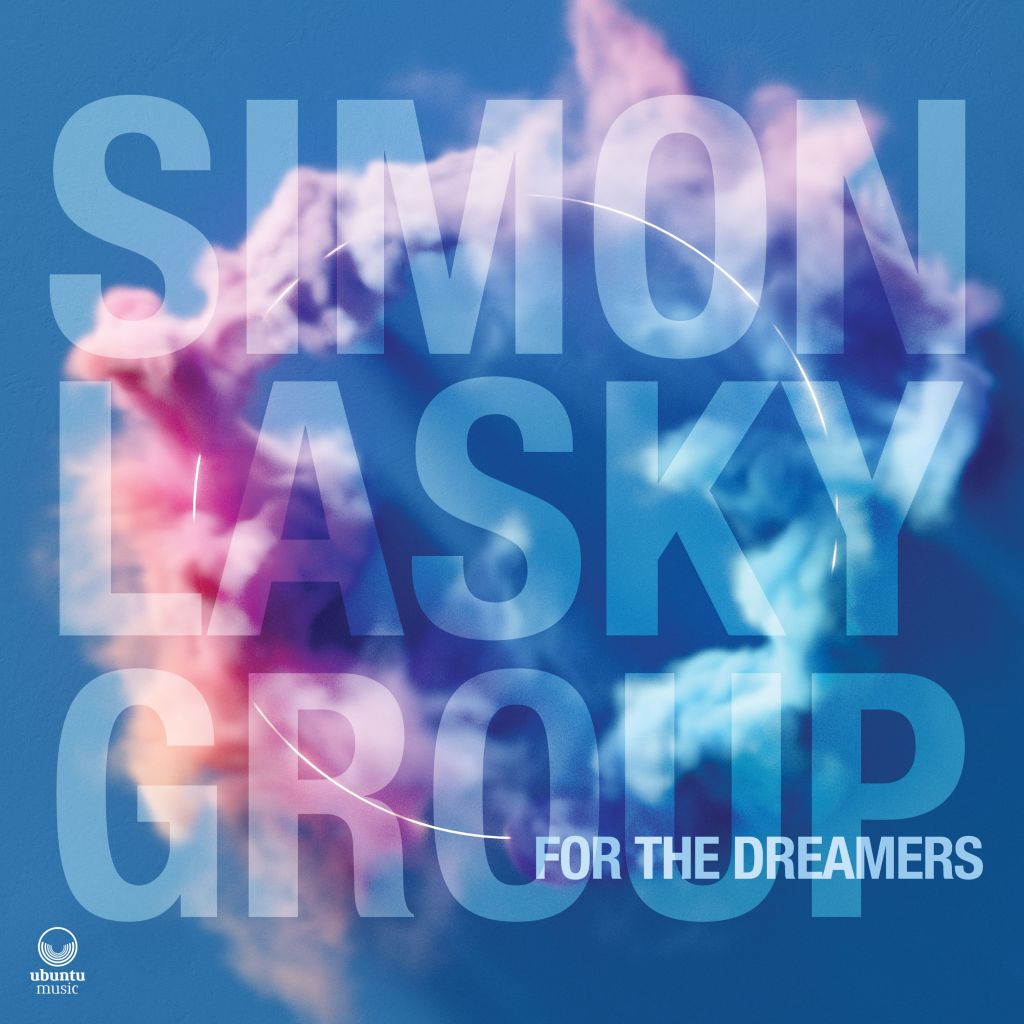
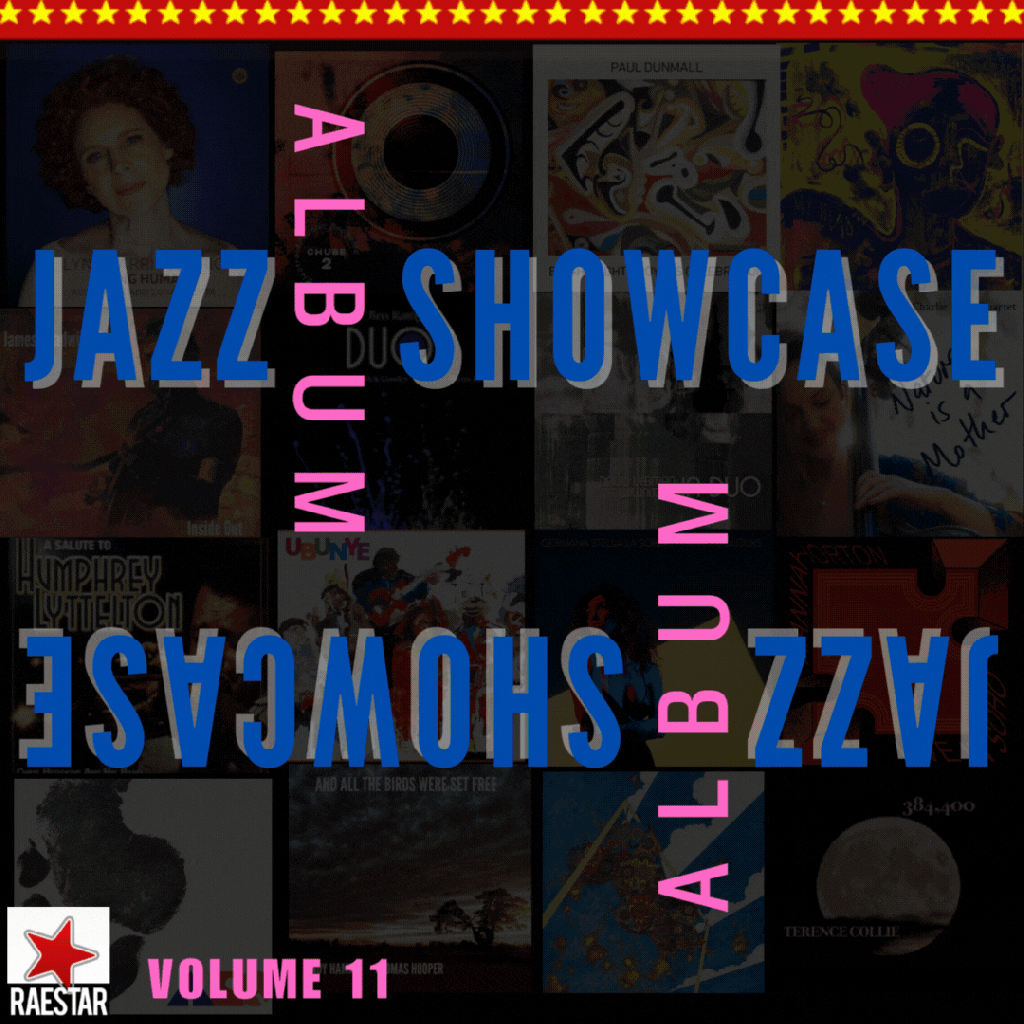

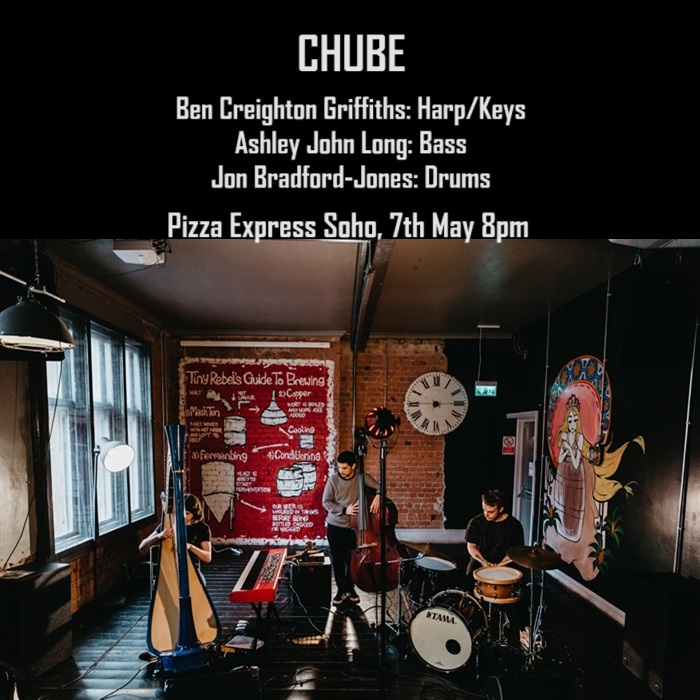
I wish there was some way I could send this to one of Steve Grossman’s friends, the alto sax player Gary Pribek in Port Washington, New York. I guess not.